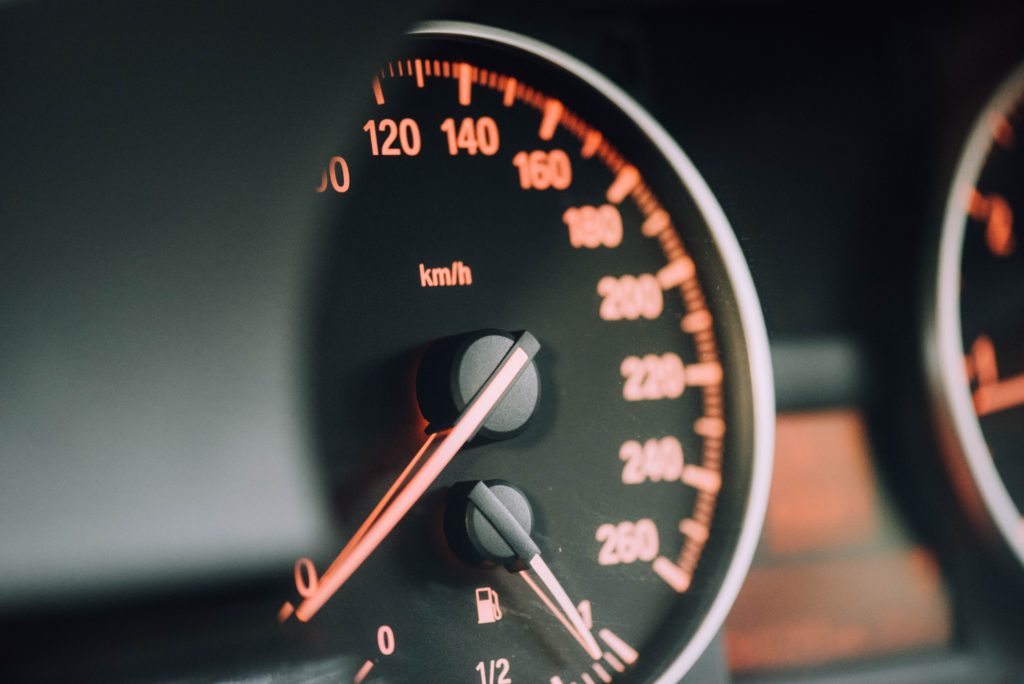Selling a car isn’t easy, whether or not you have any prior experience. Without a trusted service, to lead you through the process, it can be confusing and time-consuming. When you try to do it yourself you might run into obstacles you might not have anticipated.
Luckily, CarVIO is a one stop shop that knows where all of the pitfalls lie and will work with sellers to make the experience quick, easy, and affordable.
If you choose to go it alone, here are fifteen of those obstacles, and tips for how you can go about avoiding them.
1. Not Knowing the Value of Your Car
There are a number of ways to determine the value of your vehicle, even if you don’t know where to begin. You can browse certified automotive sites that have tools to give you ballpark ranges depending on your car’s condition. You can also search for similar used car listings in your area. In order to have confidence in your car’s price, you should consult a reputable buying service without bias.

2. The Amount of Time Between a Sale and Cash in the Bank
It’s never a good idea to accept a buyer’s promise of future payment, even if the interested buyer is someone you already know. If you want to ensure that you will get what is owed to you, you should be wary of floating loan payments to your buyer. Instead, you should collect payment for your vehicle in cash and have a bill of sale ready. If you’re selling remotely, you could consider using an escrow service to facilitate a speedy, secure payment. Or, you can remove the worry of whether or not you will receive payment by going with a trusted, fast, and efficient buying service instead.
3. Thinking a Car is Too Old to Be Sold
Despite popular belief, there is actually a market for people looking to purchase cheap, functional cars, regardless of age. Sometimes, individuals want to buy a car that they can fix up. Or, certain non-profit organizations will use older cars for parts. With the right buyer, you can ensure that your old car can go to a place that will be able to use it – no matter how old it is.

4. The Reputation of the Buyer (and Asking the Right Questions)
All potential buyers should be vetted. There are certain questions that you can ask buyers that will ensure that they have a good reputation and can make a smooth transaction. For instance, will the buyer be paying with cash, or will they be financing? Do your internet research and make sure that you can trust the person or company that you are selling to.
5. Making Repairs Prior to Selling
Oftentimes, expensive repairs aren’t going to boost your car’s value as much as you might think. That means that there’s a good chance you won’t be earning back what you put into pre-sale repairs. If you have repairs that need to be done, it’s important to make note of any repairs your car needs and have an estimate of how much those repairs will cost. This information will be good info for any potential buyers.
6. Developing a Solid Pricing Strategy
How quickly do you need to sell your car, and by how much are you willing to bring the price down? Also, plan how you’ll respond to potential buyers — what if they offer below your minimum? Additionally, try to avoid setting an unrealistically high price, simply to ensure you’ll be able to pay off your loan.
7. Not Reading the Sale Documents — Or Voicing Honest Concerns
Sometimes, you might run into buyers that pressure you into signing before you’re ready. This can be a sign of an untrustworthy transaction. The truth is, sales contracts should always be read thoroughly and with a critical eye. Never sign a sale document before you’ve read it carefully and worked out any concerns.

8. Being Bullied by Potential Buyers
Certain buyers can turn to deceptive tactics in order to negotiate an unreasonably low price. It can be difficult to stand firm, and not give in to the manipulation but if you are educated about what your car is worth and go with a reputable buyer, you will have all of the tools that you need to avoid these sorts of buyers.
9. Standing Your Ground Against Last-Second Price Reduction
When car dealers are appraising your vehicle, they have a safety net — that is, they’re able to reappraise your car, prior to the deal being finalized. Although this clause is intended to protect dealers from overpaying on a damaged or malfunctioning car, many dealerships will use this to their advantage. If you think a last-minute price reduction is unreasonable, then it’s important to weigh your options and consider if selling to a buyer is the right option.
10. Staying on Top of Inquiries
Try to respond to all inquiries about your vehicle within a reasonable time frame. Some buyers will give you a due date but if you’re selling to an individual, they might assume that the car has been sold if they don’t hear back. It is a good idea to know when you’ll be able to make a selling decision and communicate that to your buyers.
11. Knowing What Information to Include in Advertisements
It’s crucial not to include inaccurate or incomplete information in advertisements about your car. If you are using a service to advertise your car and the information they use is inaccurate or false, then nobody will win in the long term. Of course, it’s never a good idea to fabricate information about your vehicle either.

12. Having Less Than High-Quality Photos
If you’re trying to sell your vehicle on your own, it’s always a good idea to use high-quality photos. Photos can draw in the attention you’re looking for. Avoid distracting backdrops and bad lighting, and provide images of different angles. You should always provide pictures of both the interior and exterior of your vehicle and at least one photo of the engine compartment cargo area as well.
13. Not Having Maintenance Records on Hand
It’s important to save your vehicle’s maintenance records, as these can provide potential buyers with the peace of mind they’re looking for. Good maintenance records can prove that you’ve kept your car well cared for. Extensive maintenance records are sure to instill trust in your buyer. However, you’ll want to remember to remove any personal information from these documents, prior to handing them over to an interested buyer.
14. Keeping Your Personal Information Protected
If you’re choosing to go it alone, it’s a good idea to protect your personal information, throughout the car selling process. There are individuals out there who may try to steal your identity. Remove your private information from documents and remember to remove anything from your vehicle that might have personal information on it if you plan to make advertisements about your car available to a broad audience.
15. Knowing Where to Meet With Potential Buyers
Don’t agree to meet up with interested buyers just anywhere. Make sure you’re meeting with buyers in a well-lit, busy public area. Avoid performing transactions after sundown, whenever possible. Ideally, don’t meet up with buyers on your own — bring someone you can trust and keep safety in mind throughout the process.

Stay Smart About the Car Selling Process
At CarVIO, we’re here to buy your car, regardless of condition. Just submit your information, and we’ll get back to you with an instant offer. It’s our goal to provide sellers with a fast, easy, and hassle-free way to sell their vehicles. For more information, check out our FAQs, or contact us by calling (760) 388-6085.
Sources:
- https://cars.usnews.com/cars-trucks/car-selling-mistakes
- https://www.edmunds.com/appraisal/
- https://www.legalcontracts.com/contracts/bill-of-sale/?loc=US&pid=bingppc-bos_us-Car_v1-msnkey_buyer%20seller%20agreement%20car&utm_source=bing&utm_medium=cpc&MSCLKID=fab717af52b01a967f1d776f1a98f347
- https://www.edmunds.com/sell-car/how-to-close-a-used-car-sale.html
- https://www.cars.com/articles/how-do-i-sell-an-older-car-431819/



















